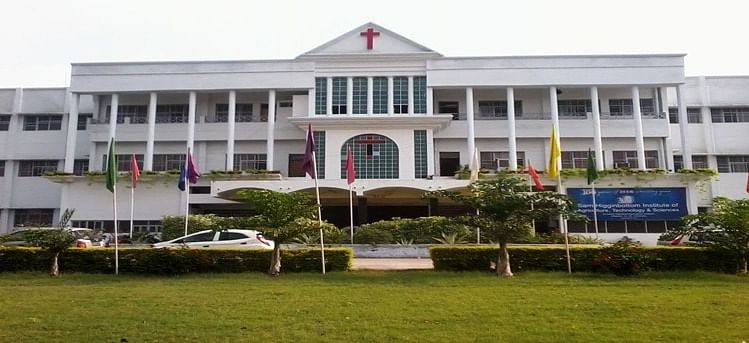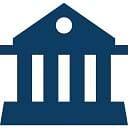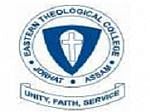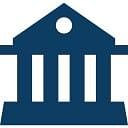MTh Syllabus and Subjects

The Master of Theology syllabus is a two-year postgraduate course in the study of theology. The Master of Theology syllabus and subjects are divided into four semesters. The syllabus includes Greek Syntax, Advanced Theology, Advanced Theology, Premillennialism, World Missions, Issue of Ethics, Advanced Bibliography, and Thesis many more.
Semester Wise Master of Theology Syllabus
The Master of Theology course aims to ensure that the students have all the exposure in covering everything from religious science to the use of societal culture practices. This M.Th course covers a collection of assembled religious beliefs and cultures. Semester-wise Master of Theology subjects list is given in the table below:
|
Semester I |
Semester II |
|
Greek Syntax |
Advanced Theology 3 |
|
Hebrew Syntax |
Advanced Theology 4 |
|
Advanced Theology 1 |
NT Theory |
|
Preaching |
Hebrew Exegesis |
|
Advanced Theology 2 |
Greek Exegetical Methods |
|
Advanced Romans |
Advanced History of Fundamentalism |
|
Introduction to Study of Bible |
- |
|
Religion and Religions |
- |
|
Semester III |
Semester IV |
|
Advanced Pastoral Theology and Baptist Distinctive |
Issue of Ethics |
|
Advanced Bibliography |
Charismatic Movement |
|
Issues in Dispensationalism |
Thesis |
|
Pre Tribulation Rapture |
Greek Exegesis |
|
Hebrew Exegesis |
Contemporary Evangelical Issues |
|
World Missions |
Premillennialism |
Master of Theology Subjects
The Master of Theology course offers both theoretical and practical aspects of the study. Master of Theology subjects like Greek Syntax, Advanced Theology, Advanced Theology, Premillennialism, World Missions, Issue of Ethics, Advanced Bibliography, and Thesis many more. The course curriculum includes theoretical and practical subjects. The compulsory subjects include:
- Greek Syntax
- Advanced Theology
- Advanced Theology
- Premillennialism
- World Missions
Master of Theology Course Structure
Master of Theology course structure includes both core and elective subjects which are the aspects of the study. The course structure is made in such a way that both classroom training and practicals are included in the course curriculum. The course structure is given below:
- IV Semesters
- Core & Electives Subjects
- Practicals
- Research Projects
Master of Theology Teaching Methodology and Techniques
The course curriculum takes into account different teaching methods. Classroom learning includes practical sessions for students. Students who are passionate about studying deep into the faith, culture, morals, and ethics of religion with societal impact on the global development of a community. Listed below are the teaching methodology and strategies in general:
- Practical & Live sessions
- Guest Lectures, Seminars, and Conferences
- Group Assignment and Discussion
- Research Project Submission
Master of Theology Projects
Projects are given to students to understand the concepts and help students in getting hands-on experience. Research projects are to be completed by the end of the final year. Some popular Master of Theology projects topics are:
- The Role Of Church Leaders In Growth And Survival Of A Church
- Immorality In Churches: Issues And The Way Forward
- The Christian Life And The Society
- The Role Of The Church In Ensuring Peace And Harmony In The Society
- Preacher’s Family Lifestyle And Church Growth
Master of Theology Reference Books
Master of Theology books is available both online and offline by many authors and publications. Reference books are meant for gaining an in-depth understanding of religious concepts. Books on Master of Theology for academic purposes differ according to subjects. Some of the reference books for the course in Master of Theology are:
|
Books |
Authors |
|
The Atlas of Religion |
Martin Palmer; Joanne O'Brien |
|
Dictionary of Third World Theologies |
Virginia Fabella (Editor); R. S. Sugirtharajah (Editor) |
|
The Encyclopaedia of Religion and Ethics |
Hastings Center Staff |
|
The Encyclopedia of Eastern Philosophy and Religion |
Shambhala Staff |










